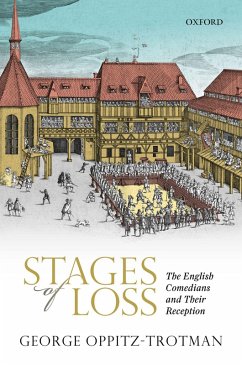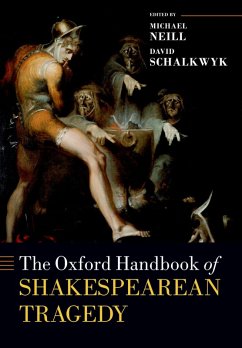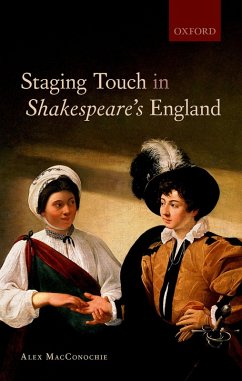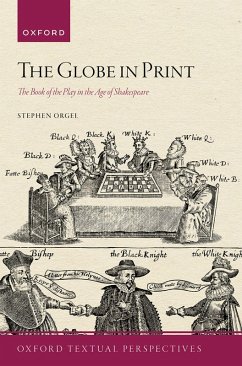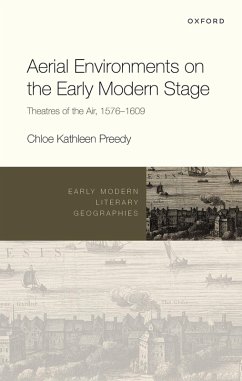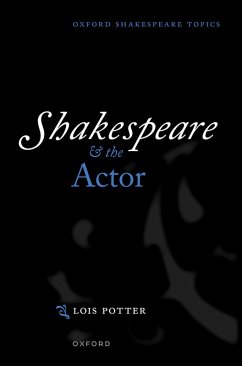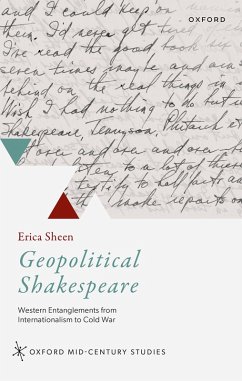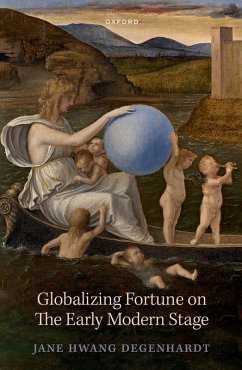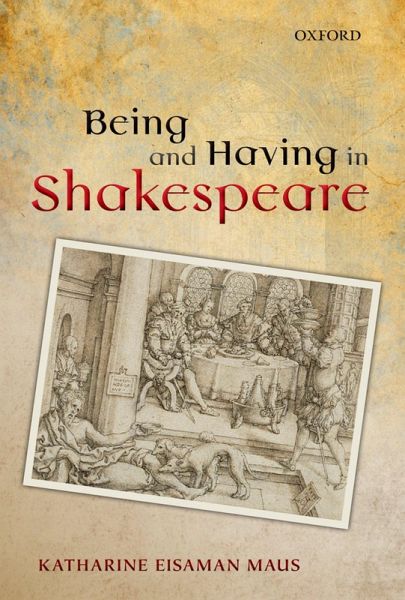
Being and Having in Shakespeare (eBook, PDF)

PAYBACK Punkte
5 °P sammeln!
What is the relation between who a person is, and what he or she has? A number of Shakespeare's plays engage with this question, elaborating a 'poetics of property' centering on questions of authority and entitlement, of inheritance and prodigality, and of the different opportunities afforded by access to land and to chattel property. Being and Having in Shakespeare considers these presentations of ownership and authority. Richard II and the Henry IV plays construe sovereignty as a form of property right, largely construing imperium, or the authority over persons in a polity, as a form of domi...
What is the relation between who a person is, and what he or she has? A number of Shakespeare's plays engage with this question, elaborating a 'poetics of property' centering on questions of authority and entitlement, of inheritance and prodigality, and of the different opportunities afforded by access to land and to chattel property. Being and Having in Shakespeare considers these presentations of ownership and authority. Richard II and the Henry IV plays construe sovereignty as a form of property right, largely construing imperium, or the authority over persons in a polity, as a form of dominium, the authority of the propertyholder. Nonetheless, what property means changes considerably from Richard's reign to Henry's, as the imagined world of the plays is reconfigured to include an urban economy of chattel consumables. The Merchant of Venice, written between Richard II and Henry IV, part 1, reimagines, in comic terms, some of the same issues broached in the history plays. It focuses in particular on the problem of the daughter's inheritance and on the different property obligations among kin, friends, business associates, and spouses. In the figure of the 'vagabond king', theoretically entitled but actually dispossessed, Henry VI, part 2 and King Lear both coordinate problems of entitlement with conundrums about distributive justice, raising fundamental questions about property relations and social organization.
Dieser Download kann aus rechtlichen Gründen nur mit Rechnungsadresse in A, B, BG, CY, CZ, D, DK, EW, E, FIN, F, GR, HR, H, IRL, I, LT, L, LR, M, NL, PL, P, R, S, SLO, SK ausgeliefert werden.





